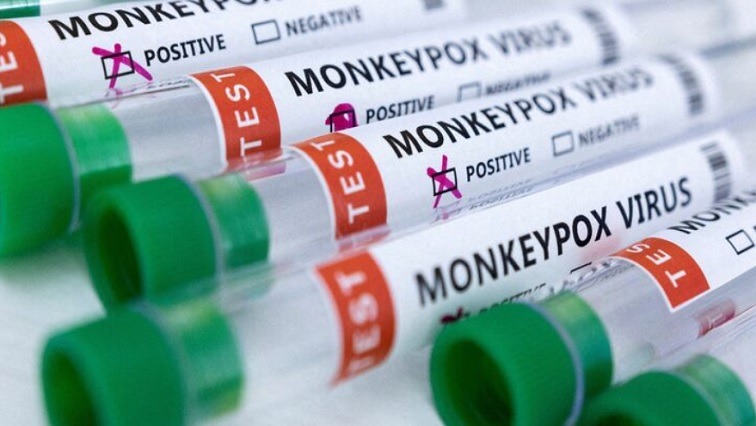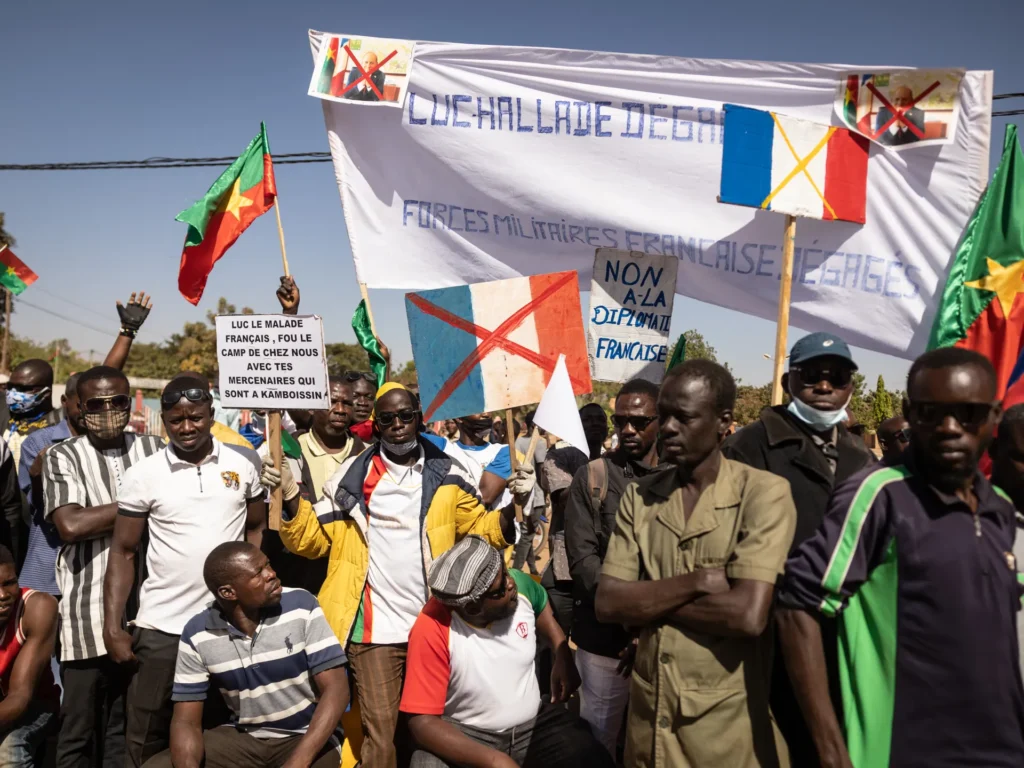The 74th session of the WHO Regional Committee for Africa began on Monday, August 26, in Brazzaville, Congo. Over the next five days, nearly 1,000 delegates, including WHO Director-General Tedros Adhanom Ghebreyesus and health ministers from 47 member countries, will convene. A key topic is the global Mpox epidemic. WHO Regional Director for Africa emphasized the commitment to addressing Mpox differently from past responses and noted extensive support for member states to develop effective plans. The session will focus on several critical health issues, including: Africa has long dealt with high mortality from diseases like malaria, meningitis, and cholera. Joy Phumaphi, executive secretary of the African Leaders Malaria Alliance, highlighted the continent’s expertise in managing epidemics, including Mpox. The WHO recently declared a global emergency due to a new and more deadly strain of the Mpox virus. The Democratic Republic of Congo, the epicenter of the crisis, is participating in the Brazzaville meeting. On August 26, the WHO launched a Strategic Preparedness and Response Plan to tackle human-to-human Mpox transmission, requiring $135 million in funding through February 2025. Key international health organizations have pledged additional support to combat Mpox outbreaks in Africa. At least 14 African countries and health partners pledged over $45 million Tuesday toward the World Health Organization (WHO) Investment Round, a three-month-old initiative aimed at generating sustainable financing for the global health organization. The pledges were made during the 74th session of the WHO Regional Committee for Africa taking place in the Republic of Congo. In a statement, the WHO said the funding will enable it to more effectively fulfill its mandate and advance key objectives to promote, provide and protect health and well-being for all. “I thank our African Region Member States for actively supporting WHO’s first Investment Round to mobilize predictable and flexible resources needed for our core work over the next four years,” said WHO Director-General Tedros Adhanom Ghebreyesus. “Full, sustainable funding will enable WHO to support countries better in their work to build healthier, more resilient and more prosperous populations.” The countries included Botswana, Cabo Verde, Chad, Congo, Ethiopia, Mauritius, Namibia, Niger, Rwanda, Senegal, Seychelles, South Africa, Tanzania and Gambia. Matshidiso Moeti, the WHO regional director for Africa, noted that a strong, predictable and sustainably financed organization is essential for the region and the world to meet multiple health threats and support the prevention of disease based on vast evidence. “Every pledge and every partnership counts. Together, we can achieve a future where health and well-being are accessible to all,” she said. The WHO officials believe with a fully and sustainably funded operating budget over the next four years, the organization will be better positioned to tackle emergencies and outbreaks that threaten lives and jeopardize global health security. Meanwhile, delegates at the forum on Tuesday nominated Tanzania’s Faustine Engelbert Ndugulile as the next WHO regional director for Africa. He beat candidates from Niger, Senegal and Rwanda in closed voting. He is set to replace Moeti, whose second five-year term is nearing an end. Ndugulile’s nomination will be submitted for appointment by the 156th session of the WHO executive board which will take place in February 2025 in Geneva, Switzerland.










